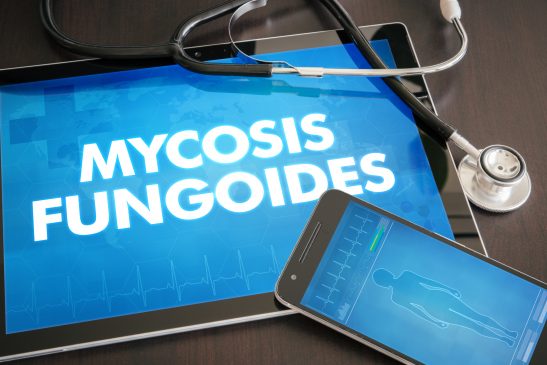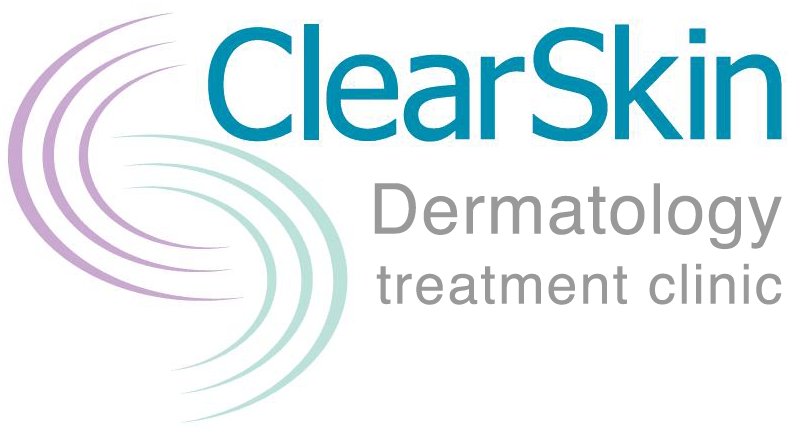
Mycosis Fungoides treatments in Cardiff, Newport, Caerphilly and South Wales.
Mycosis fungoides is the most common form of a type of blood cancer called cutaneous T-cell lymphoma. Cutaneous T-cell lymphomas occur when certain white blood cells, called T cells, become cancerous; these cancers characteristically affect the skin, causing different types of skin lesions.
Although the skin is involved, the skin cells themselves are not cancerous. Mycosis fungoides usually occurs in adults over age 50, although affected children have been identified.
Mycosis Fungoides is also known as:
-
Alibert-Bazin Syndrome
-
Granuloma Fungoides
Mycosis fungoides may progress slowly through several stages, although not all people with the condition progress through all stages. Most affected individuals initially develop skin lesions called patches, which are flat, scaly, pink or red areas on the skin that can be itchy. Cancerous T cells, which cause the formation of patches, are found in these lesions. The skin cells themselves are not cancerous; the skin problems result when cancerous T cells move from the blood into the skin. Patches are most commonly found on the lower abdomen, upper thighs, buttocks, and breasts. They can disappear and reappear or remain stable over time. In some affected individuals, patches progress to plaques, the next stage of mycosis fungoides.
If you are concerned about Mycosis Fungoides please call us today on 02920 795775




